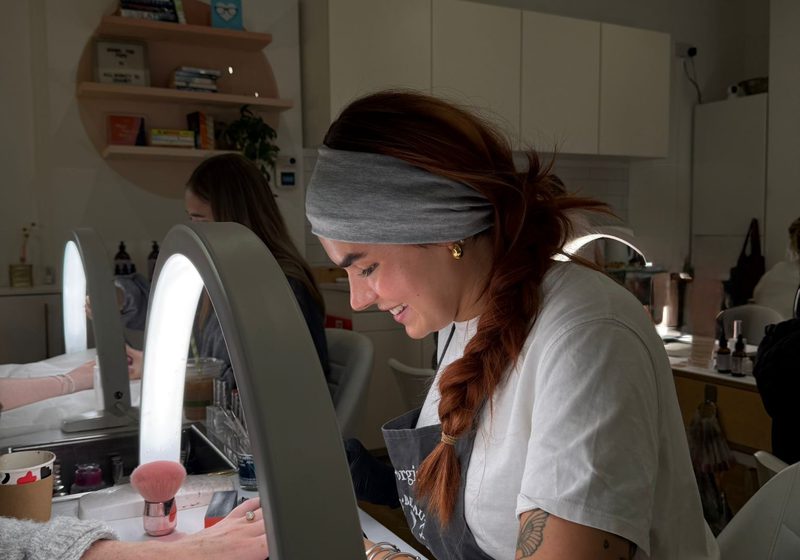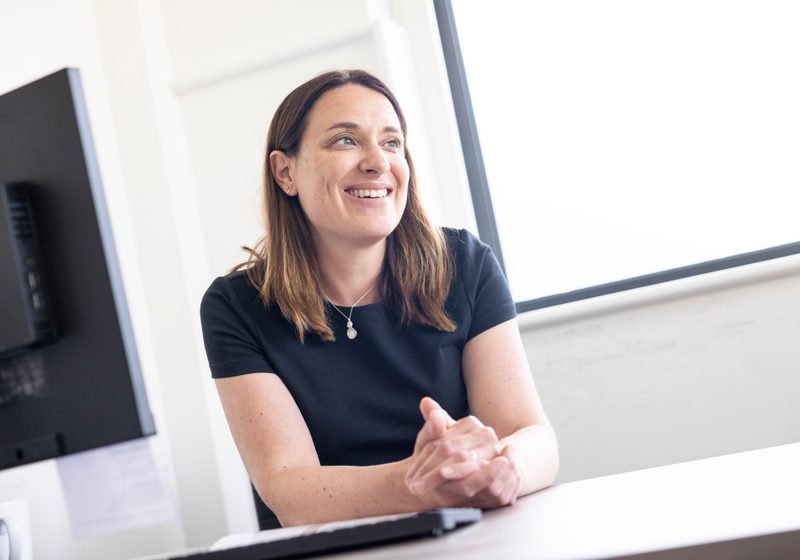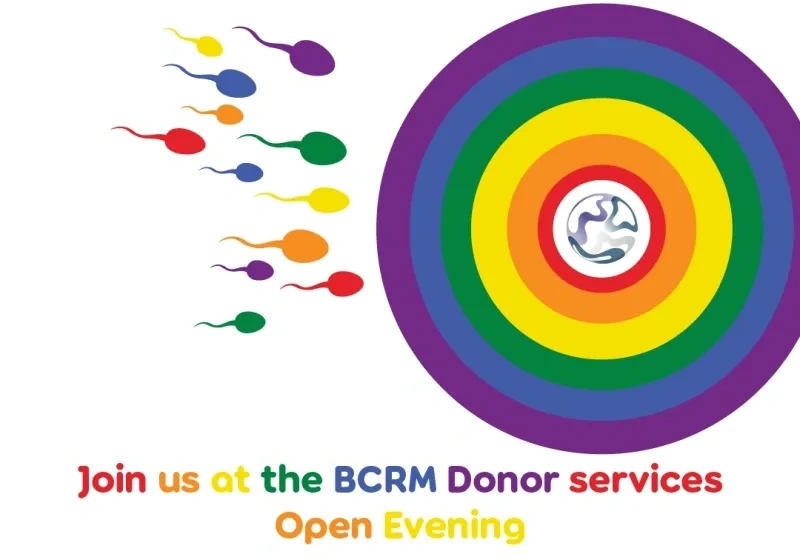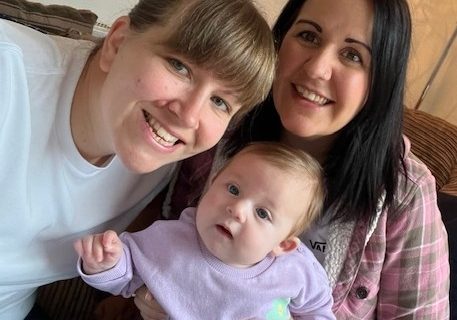News & Blog

Even now, Natalie* can hardly believe the miracle in front of her eyes. Every time she looks at her three-year-old daughter Amber she is reminded of the long, emotional journey that made her possible. “I just can’t really believe she’s here,” she says.

If you’re trying for a baby, you might already know that the journey doesn’t always unfold as smoothly as you’d hoped. Between tracking cycles, timing intimacy and managing expectations, it’s completely natural to feel overwhelmed at times.

Thinking about the cost of fertility treatment can feel overwhelming at first. Whether you’re considering in vitro fertilisation (IVF), exploring egg freezing or preparing for multiple treatment cycles, thinking ahead financially can help you feel more in control.

A 23-year-old cancer survivor has shared the shock she felt when told the chemotherapy treatment needed for a recently diagnosed cancer might affect whether she could have a baby afterwards, and the precautionary egg freezing she had as a result. Nail technician Georgia Hall said: “I was never in any doubt about having my eggs frozen to preserve my fertility once I knew about the risk of chemo causing infertility. I am so grateful the procedure was available to me, and thankful to the team at BCRM who made it happen.

The Gloucestershire NHS Integrated Care Board (ICB) has confirmed that patients in need of fertility treatment can now attend Bristol Centre for Reproductive Medicine (BCRM) for their care. The addition of the Aztec West-based clinic means that patients from Gloucestershire who are struggling to have a baby and who meet the access based criteria for assisted reproduction treatment, are able to attend BCRM for fertility treatment including IUI and IVF, following assessment in their NHS fertility assessment clinic.

Following on from Pride Month celebrations in Bristol, would-be same-sex couples who will require donor sperm to conceive a baby can learn more about the process pathways to parenthood at a free open evening on Wednesday, 16th July, at the Bristol Centre for Reproductive Medicine (BCRM) at Aztec West. Leading fertility consultants will specifically address becoming pregnant via sperm donation which is likely to be of special interest to female same-sex couples and would-be solo mums.

When Kimberley and Kirsty became a couple in spring 2022, Kim already had two daughters, now aged nine and five, from a previous relationship. But Kirsty knew from the start that she also wanted to have a baby and it would have been a deal-breaker for her if Kim hadn’t felt the same way. Fortunately that wasn’t a problem: Kim was just as keen for the pair to have a baby of their own, and three years on they now have that baby, thanks to the miracle of IVF and the efforts of the team at Bristol Centre for Reproductive Medicine (BCRM). Kirsty, a nurse associate at Musgrove Park, and Kim, who works in a tea-room in Taunton - the town where both women were born and raised - started investigating fertility clinics after they’d been together for about a year. Kim said they picked BCRM because they were impressed with their track record, found them very informative and easy to deal with on the phone, and were happy with the way they put them at ease when they visited.

